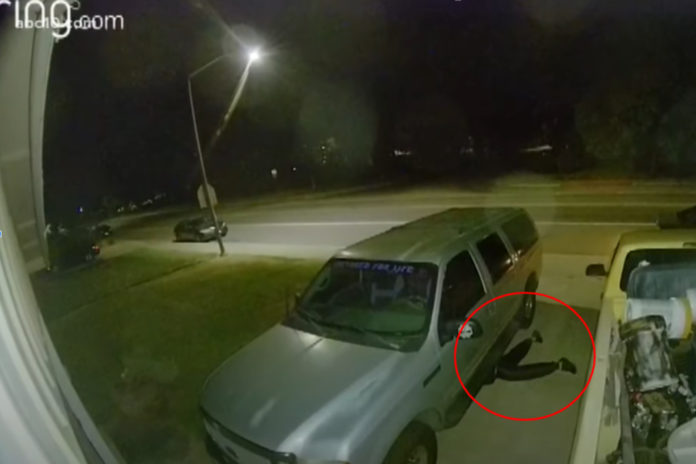(The Center Square) — Catalytic converter thefts have skyrocketed in Minneapolis and Saint Paul, the Insurance Federation of Minnesota reported in a news release Friday.
Minneapolis and Saint Paul could see nearly 4,000 of these thefts this year, the organization said in its release. Hitting that count would be nearly 100 times the 40 thefts reported statewide in 2018. That number would also exceed the roughly 3,400 thefts the U.S. experienced in 2019, the organization reported.
Insurance Federation of Minnesota Vice President of Public Affairs Mark Kulda told The Center Square in an emailed statement that the estimated economic impact of these thefts is $25 million in insured losses, without including losses for people who don’t have that insurance or paid out of pocket to avoid a claim. The federation said in the release that the uptick in thefts increases pressure on auto insurance premiums.
Catalytic converters are not marked with vehicle identification numbers (VIN), Kulda said. Locally, scrap dealers must obtain photo identification of people who sell the parts and the parts themselves, but thefts have continued, he said. Requiring that on the federal level would be ideal, he said.
Saint Paul Police Department Public Information Officer Steve Linders told The Center Square in an emailed statement the department has seen an increase in reported catalytic converter thefts.
- January 2020 to October 10, 2020: 834.
- 2020 overall: 1,166 (reports for all of 2020).
- January 2021 to October 10, 2021: 1,495.
Linders said officers actively patrol areas where they tend to see the thefts. The department has held several community events at which officers spray paint and etch catalytic converters for people at no cost.
Kulda said spray painting may be a good solution — unless the paint used is not very durable.
“[Catalytic converters] are notorious for being in a spot under the car that is subject to a great deal of road grime, corrosion and high heat which may potentially render markings useless,” he said. “We just don’t have a long enough real world exposure yet to see if this kind of marking works yet.”
On Nov. 5, the Minneapolis City Council passed an ordinance that made it illegal for anyone except automobile repair garages or used auto parts dealers to sell used catalytic converters that are not attached to vehicles. The garages and dealers must be licensed to install, replace, maintain or remove catalytic converters. The ordinance also made it illegal to possess catalytic converters that do not belong to vehicles they own or that they cannot verify they legally received.
Kulda said the ordinance could improve the situation, especially if prosecutors enforce it well.
“Under the law, the maximum punishment can include 90-days in jail and a hefty fine,” he said. “It would be helpful if this was duplicated in St. Paul or if the state imposed a similar, more targeted punishment under a state law.”
A survey of Insurance Federation of Minnesota members, 25 of whom sell auto insurance, indicated that nearly half of all thefts are from the Toyota Prius, the Mitsubishi Outlander and the Mitsubishi Endeavor, Kulda said.
The Saint Paul Police Department provided the following tips for deterring these thefts:
- If possible, park in a garage.
- If parking in a garage isn’t an option, try to park in a well-lit area.
- Keep an eye out for suspicious behavior—watch out for yourself and your neighbors.
- Consider having a lock-like device attached to your catalytic converter, which can make it more difficult for thieves to steal.
- Consider spray painting or etching your catalytic converter, which may make it less desirable to thieves.
The NICB issued the following additional recommendations:
- Consider using motion sensor activated lights or cameras if your car cannot be garaged.
- Park fleet vehicles in a well-lit, locked and alarmed enclosed space.
- Install a catalytic converter anti-theft device.
- Etch your VIN or License Plate number onto the converter or use a high temperature brightly colored paint to mark it.
- Call police and your insurer immediately if you become the victim of a theft.










